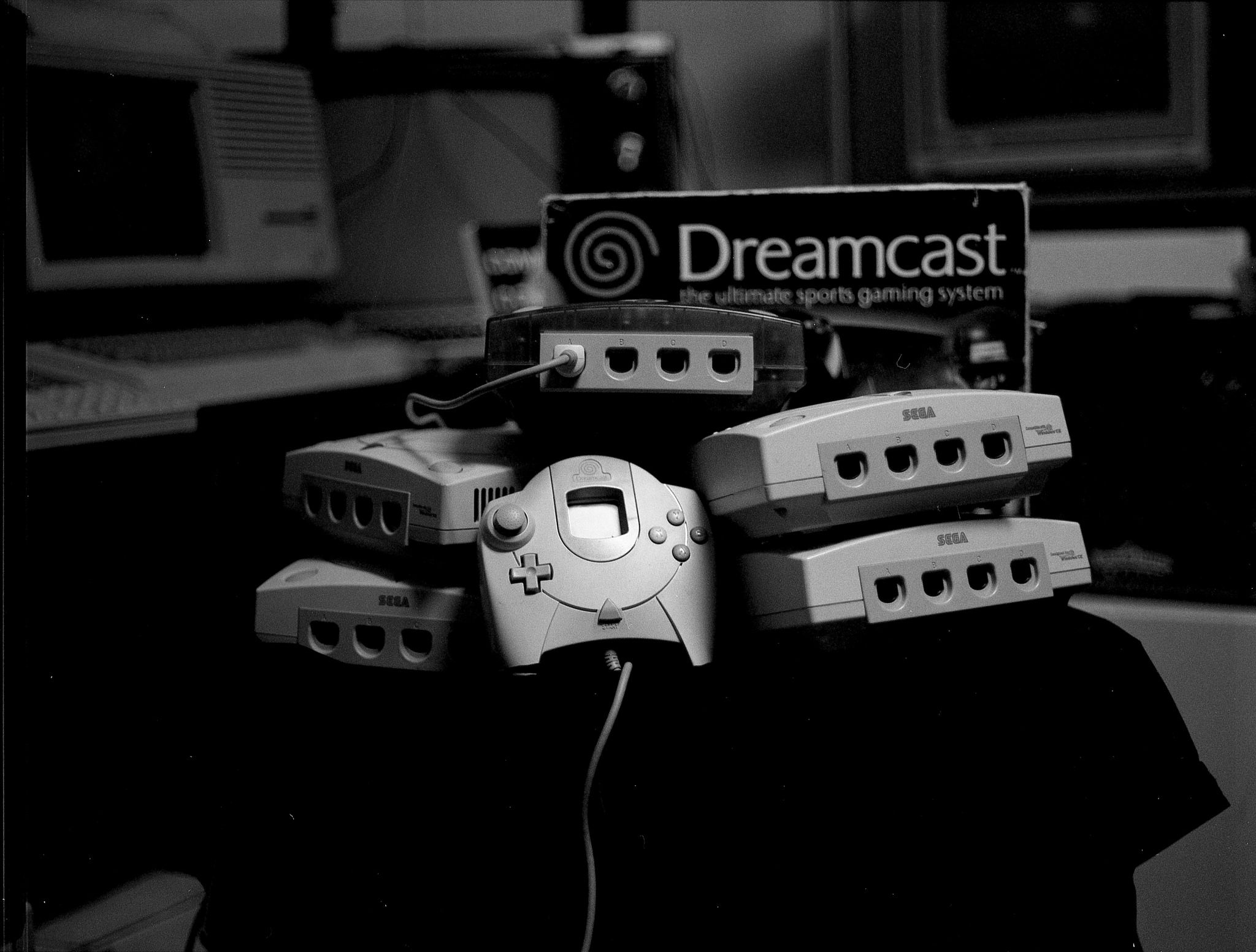A new set of proposed rules from The Librarian of Congress and the US Copyright Office will make it easier for game preservation work for titles that rely on online servers to exist as well as helping independent repair work be done to old hardware.Users seeking to repair or perform maintenance on their devices are now allowed to legally break DRM (digital rights management) on the device in order to complete their work to keep it in a "state of working in accordance with its original specifications." This essentially means for those whose original hardware no longer properly play games or act as originally intended can now be repairs and modified to restore its usage without worrying about a copyright owner coming down on you. This specifically relates to independent stores that offer to repair old hardware, such as Macbooks that include a kill switch if it detects unauthorized by Apple.Proposed Class 8: Computer Programs - Video Game Preservation is the expansion of previous rules concerning the preservation of games that rely on online servers. Previously only library, archives, or museums were able to circumvent the restriction on keeping servers offline, so long as they did not distribute the game outside of its physical premises. The Museum of Art and Digital Entertainment sought to expand this exemption because it, " does not allow it to preserve the growing number of online video games for future generations to study," as well as, "broaden the classof users of the exemption to include volunteer “affiliate archivists,†who wish to circumvent access controls off-premises, but under the supervision of game preservation entities." Opponents this measure did so out of fear of it becoming less about game preservation and more about a "market substitute." However the Acting Register granted the expansion, though only in the case of the preservationist acquiring the server code and local code from the owner.
The Acting Register found that the record supported granting an expansion in the relatively discrete circumstances where a preservation institution legally possesses a copy of a video game’s server code and the game’s local code. She concluded that in such circumstances, the preservation activities described by proponents are likely to be fair uses. She further found that proponents demonstrated that such uses would be adversely affected by the statutory prohibition absent an exemption. The record indicated that an exemption would enable future scholarship by enabling researchers to experience games as they were originally played and thereby better understand their design or construction. The Acting Register additionally found such activity unlikely to harm the market for video games.
While this exemption was granted, the extension to "affiliate archivists" was not, meaning this work still needs to be done by libraries, museums, and similar entities. Additionally, recreating software code does not constitute fair use, in order to abide legally people will have to obtain the original code in order to sustain the game, which means cooperating with the owners. This can be a difficult task to accomplish, given how source code frequently goes missing and developers, especially old ones, are not the greatest when it comes to preserving their own work. The closure of studios and publisher's unwillingness to cooperate out of profitability on something they have no intention of releasing also create barriers. Despite these challenges, this does set up the beginning of original code being obtained for games such as the recently shuttered PlayStation All-Stars Battle Royale, Twisted Metal, and Warhawk that will keep them playable, in a limited capacity, for those who were never able to play it during its original lifespan.
Multiple organizations petitioned to renew the exemption for video games for which outside server support has been discontinued. The petitions stated that individuals still need the exemption to engage in continued play and libraries and museums continue to need the exemption to preserve and curate video games in playable form. In addition, the petitioners demonstrated personal knowledge and experience with regard to this exemption through past participation in the 1201 triennial rulemaking relating to access controls on video games and consoles, and/or representing major library associations with members that have relied on this exemption.
With more games relying on online infrastructure in order to be accessed at all, Destiny, The Division, every MMO, and the growing list of unplayable multplayer portions of games, Warhawk, Killzone 2 & 3, Resistance 2 & 3, MAG, Demon's Souls, this sort of change is great for paving the way for the servers that support these games to be preserved beyond their original shut down.
Other Proposed Classes also expanded the exemptions for certain copyright protections, such as motor vehicle repairs and repairs and maintenance made to home appliances. Computer software, except for video games, are now able to be preserved in museums and the like if they are no longer sold commercially.

